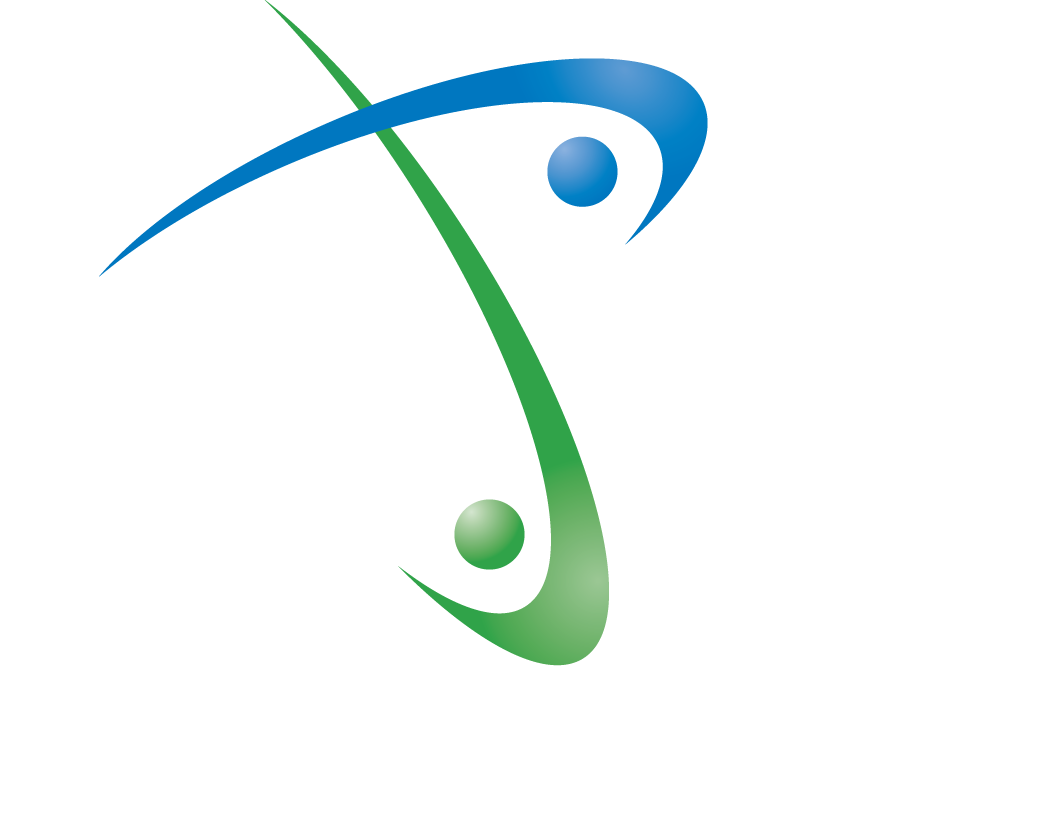Pre-call Planning Isn’t Just for Sales
The Request
The other day I got a meeting request from a person who filled out my web form on my website. Simple enough. I used the power of Google and searched out who this person was and what his company was (they do eLearning development). My guess was they were looking for an ID to help them.
Protip: Share a little more about you, your company, and how we can help each other.
I replied and we agreed on a time to meet. The person I was meeting with was late. OK. That happens. Back-to-back meetings make being on time a little tricky. He then started asking me if I had any questions. “Interesting” question. In our initial communication, he didn’t provide any details of him, his company, or the need. At this stage, no, I didn’t have any questions, aside from how I can help with his project needs.
The Call Start

This is where it went a little sideways. The person started to tell me about his company but as he was talking, I could see him multi-tasking on his computer—seriously totally distracted. He rambled on looking at his computer, (I assume) trying to pull up my website. I knew we weren’t a good fit. Then he said, “Oh yes, I see your website here. Let me see (eyes scan the screen), oh you don’t have a resume, but I do see your capabilities (reads from website). I also see you have a portfolio. I haven’t looked at your portfolio. Can you tell me, do you have actual samples of your work?”
Uh! What!
At this point, I looked at my clock, 11 minutes after, we started 5 minutes after the hour. My reply was, “Yes, yes, I do, like any good instructional designer/developer. I’m going to go ahead and end our conversation now instead of drag things along, as I can tell this isn’t a good fit.”
![]() His eyes popped out of his skull. We parted our ways. He tried to recover, but my hand was on the mouse ready to close the window.
His eyes popped out of his skull. We parted our ways. He tried to recover, but my hand was on the mouse ready to close the window.
Why End the Call?
Here’s what made my blood boil (a little).
First, he reached out to me, randomly. Do a little pre-call planning and be prepared to talk to your prospect. Second, if the information is public, you should know it. Period. Finally, if you’re not going to invest the time to be prepared, what would it be like contracting you? Bleh! The proverbial handwriting on the wall.
What do you think? Should I have lasted longer than 11 minutes and continued the conversation only to say no thank you later?


What do you have to say?